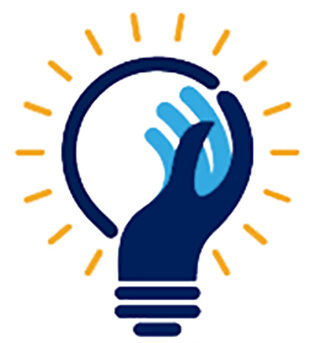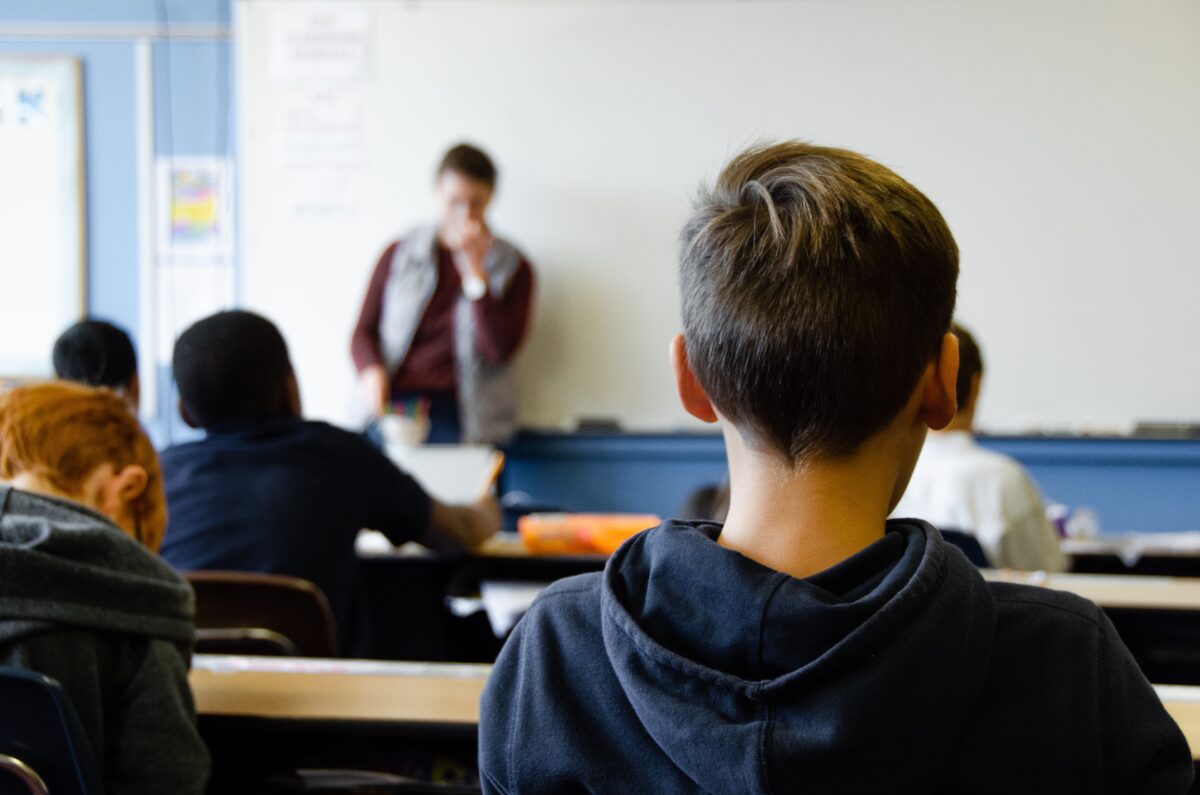By: Chloe Caughman Read
“I hate you, Mrs. Read.” I got this response from one of my biology students last year every time I asked him to do…anything, really. Get started on a quiz, take out notes, get into groups…the response was always the same, and no work was ever completed. It went on for months and it drove me crazy. I tried different behavioral interventions, classroom management tactics, calling in the principal, emailing parents, and the easier-said-than-done planned ignoring. Nothing was working, and as much as I hated to admit it, I felt dread and resentment during that class period.
On a whim, I asked him if he had any pets. He did, and he told me a little about them, and in turn, I showed him a picture of my border collie and told him about how I adopted her. That was the beginning of our actual getting-to-know you process. He started telling me more about his pets, his siblings, his other classes, his favorite video games, his friends, and over time, a slew of other tidbits he wanted to share. We actually formed a connection outside of his usual “I hate you” and my usual “please get started on your work.” His grade improved and our teacher-student relationship took a positive turn. I wish I had formed a connection with him sooner; I really kicked myself for that.
We actually formed a connection outside of his usual “I hate you” and my usual “please get started on your work.”
A little while ago, I asked my students a question: “What should teachers know about students?” I got all sorts of answers, but by far, the most common response I got had to do with students wanting a personal connection with their teachers. I took the time to count up all of the responses and categorize them (I do realize how nerdy that is), and just about 50% of the responses directly mentioned that students want their teachers to know them. Their likes, dislikes, pets, struggles, strengths, disabilities, what they like to do for fun…the things that make them unique. I didn’t realize how badly my students just wanted to be known by me.
These are some of the responses I got from my high schoolers when asked what teachers should know about students. I got about 40 answers like this, so I had to pick and choose responses that were most reflective of the whole:
- “I think that teachers should understand the student’s feelings.”
- “Teachers should know my personality. It’s different from other people. That I don’t like to write. It’s really hard for me. Also, I’m funny sometimes.”
- “I think that teachers should know what the preferences and interests of the students are.”
- “Teachers should get to know students and what their names are. Ask students what they like and what they do.”
- “I think the teacher should know where each student is at on the subject. I also think it would help to know what the students’ best way of learning is. I think it would help to know if a student has anything like add or adhd.”
- “I think it’s really important for teachers to know some of what a students home life is like. It might be very stressful for them at home cause their parents are busy. Or they might feel really alone because a lot of their family needs to go do other things. The students themselves might have a lot of responsibilities to uphold. At least knowing what emotional state a student might be in could be very helpful.”
- “To talk to the students and try to understand what they see and hear.”
I had no idea my students were wanting personal connection with their teachers so badly. It makes sense, though; we all want to be known and understood; why would our students be an exception?
We all want to be known and understood; why would our students be an exception?
In the case of my biology student, things only changed when he felt that he was known and understood. Before I got to know him, he was unwilling to do much of anything. But after making an effort to understand his struggles and preferences, his whole attitude changed. Feeling known makes a difference. Next time you are in class, spend a little time chatting with a few students. It may make a bigger difference than we realize.


2 replies on “Our Students Want to be Known”
This makes such good sense. Everyone wants to be acknowledged as someone special. Especially their teacher. And it makes it so much easier to ask for help with understanding something being taught, or an outside problem. Thanks for sharing your students remarks.
Chloe, this is wonderful that you discovered this connection with your student. Yes, children want to be seen and acknowledged especially children who struggle with learning. Once they know you care about them they may start to take risks because they feel safe. Thank you for sharing your wisdom.